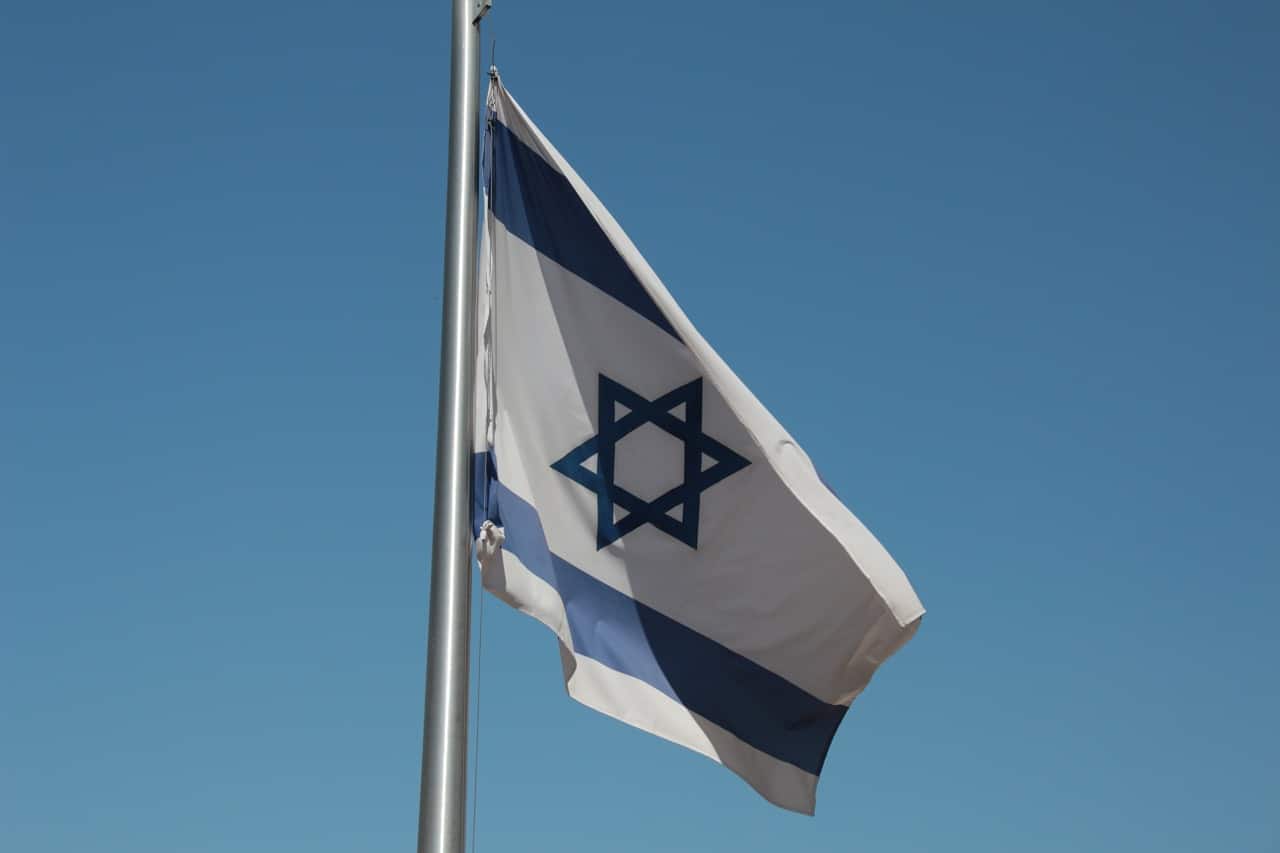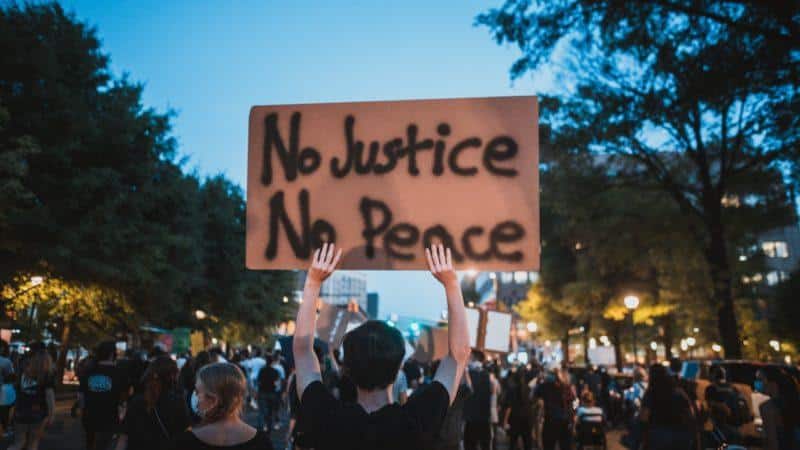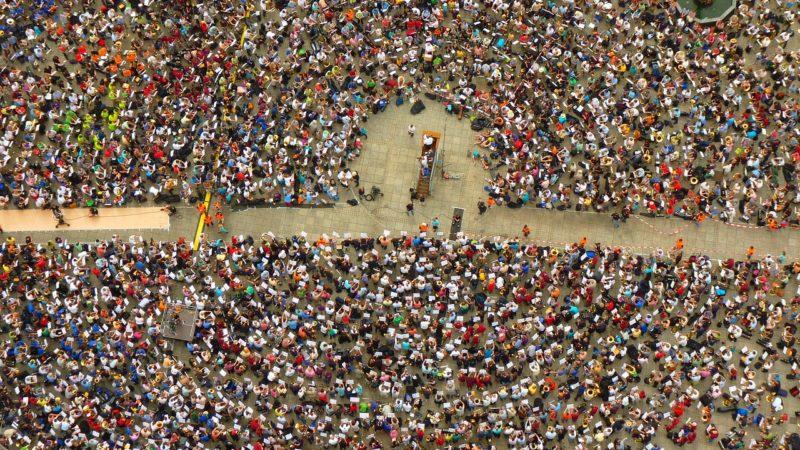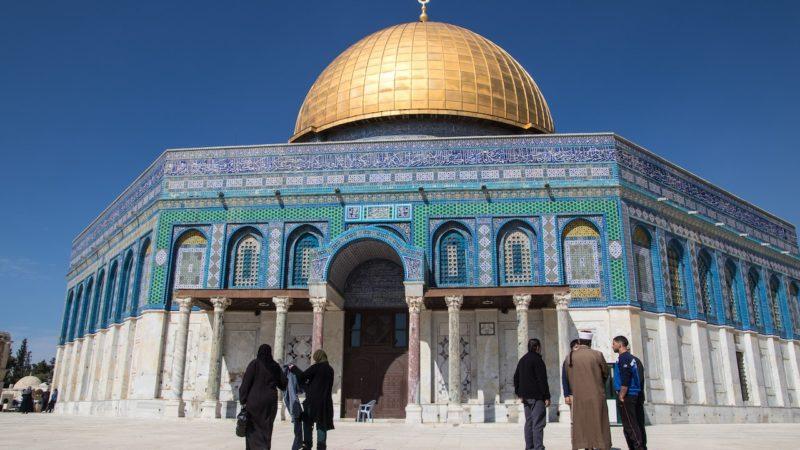Court Lifts Group Protection from for Congolese Refugees

Earlier this year, Ayelet Shaked, the Interior Minister made the decision to lift the group protection offered to the small Congolese refugee community in Israel.
This protection had been in place since 2002 and the decision received approval of the Jerusalem District Court.
The decision
The Hotline for Refugees and Migrants called HIAS and other organizations had also submitted a petition to block the move of the Interior Minister.
Last Thursday, Judge David Gidoni responded to the petition and said that the decision that Shaked had made in April had a lot of ‘flaws’.
The court found that Shaked had come to the decision based on the information she had gotten from the Population and Immigration Authority.
However, she had also asked the Foreign Ministry if it would be safe to deport, but had not waited for their response.
In addition, she only intended to give refugees about 30 days for filing individual requests for asylum or face deportation.
There are about 400 Congolese residing in Israel and asylum requests have been submitted by 225 of them, but a decision has not been made in this regard.
Refugee populations from Sudan and Eritrea are the only ones that are currently enjoying group protection in Israel.
The aftermath
Six days after the decision was announced in April by Shaked, she was asked to reconsider her decision.
This came from a representative of the United Nations High Commissioner for Refugees who was in Israel who said that the situation in the country was unpredictable and volatile.
The District Court also froze her decision in May. The Foreign Ministry then shared its opinion in June that the refugees could return to the Democratic Republic of Congo, as some areas where safe.
However, it did advise that minors should not be deported and neither should their immediate families.
The court’s decision
The court confirmed on Thursday that group protection would no longer be applicable, but this would happen from December 8th.
This would give the Congolese refugees time to prepare for their departure. According to the petitioners, the Democratic Republic of Congo’s situation is unsafe and unstable.
They said that the region was experiencing arbitrary killings without any trial, civilian disappearances, life-threatening conditions in prison, inhumane and cruel punishments and torture, child abuse, kidnappings, gender-based violence against children and women, slavery and more.
But, Sharon Bar-Li, the head of the department of the Foreign Ministry, said Congo was moving in a positive direction.
She added that countries in Europe were not offering group protection to the Congolese refugees and were weighing each case individually.
The Interior Ministry agreed that it would not deport minors and their families and that they would also go over the cases of those refugees from areas of the country that were still unstable and unsafe.
It promised that Congo Nationals belonging to these areas would not be deported. Last month, a report was presented by the Office for the Coordination of Humanitarian Affairs of the UN.
The report said that there was an uptick in violence in the eastern areas of DR Congo.



